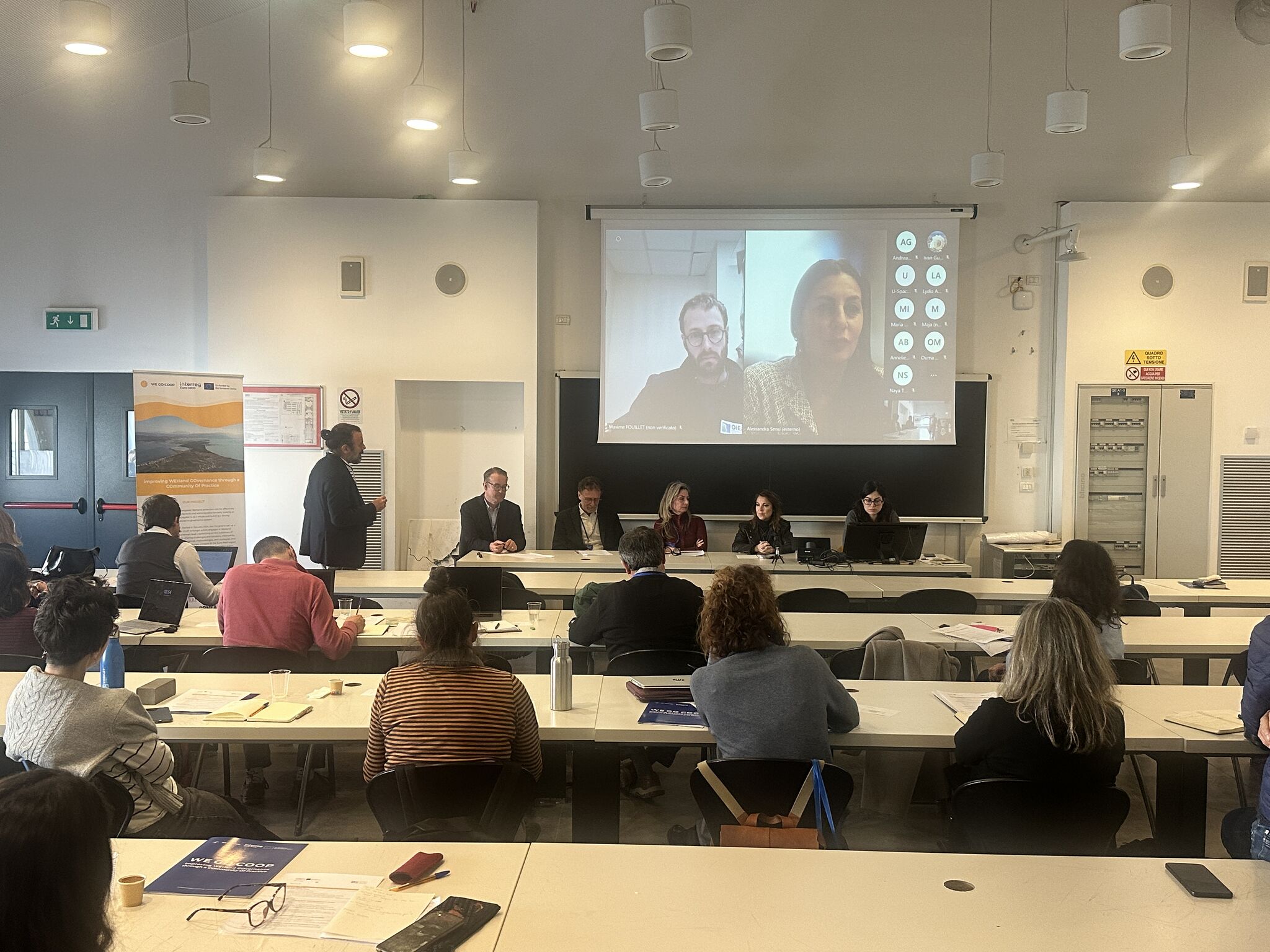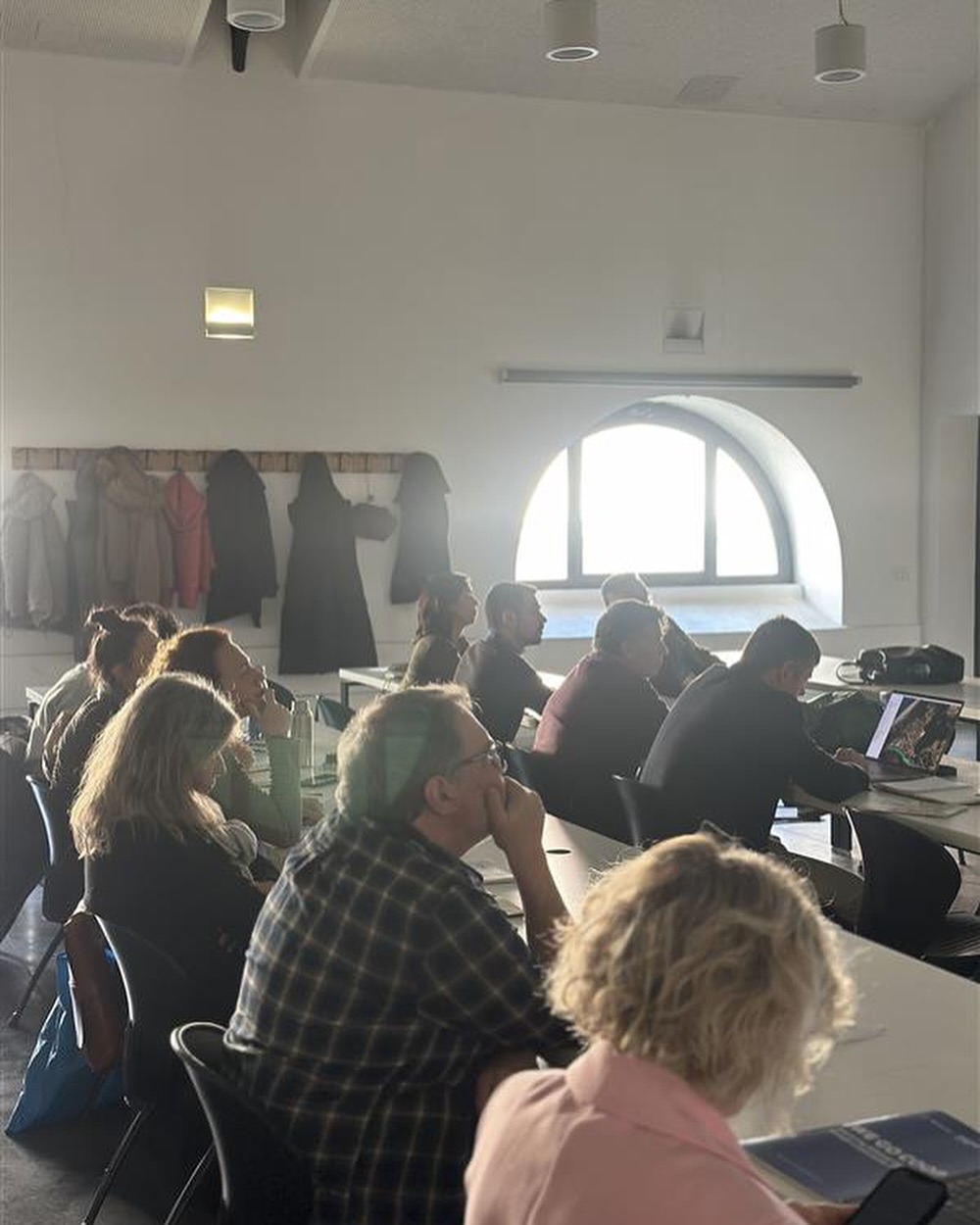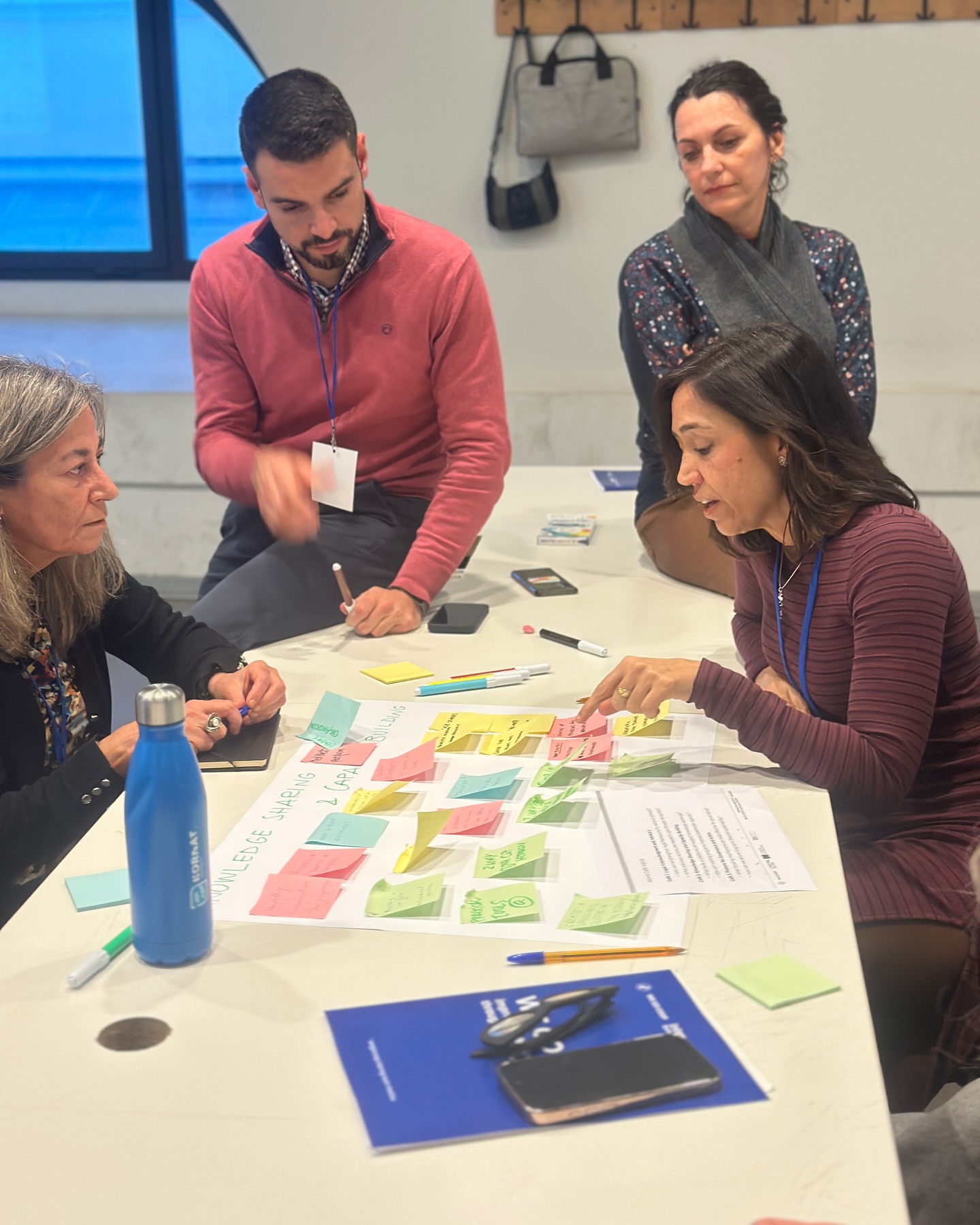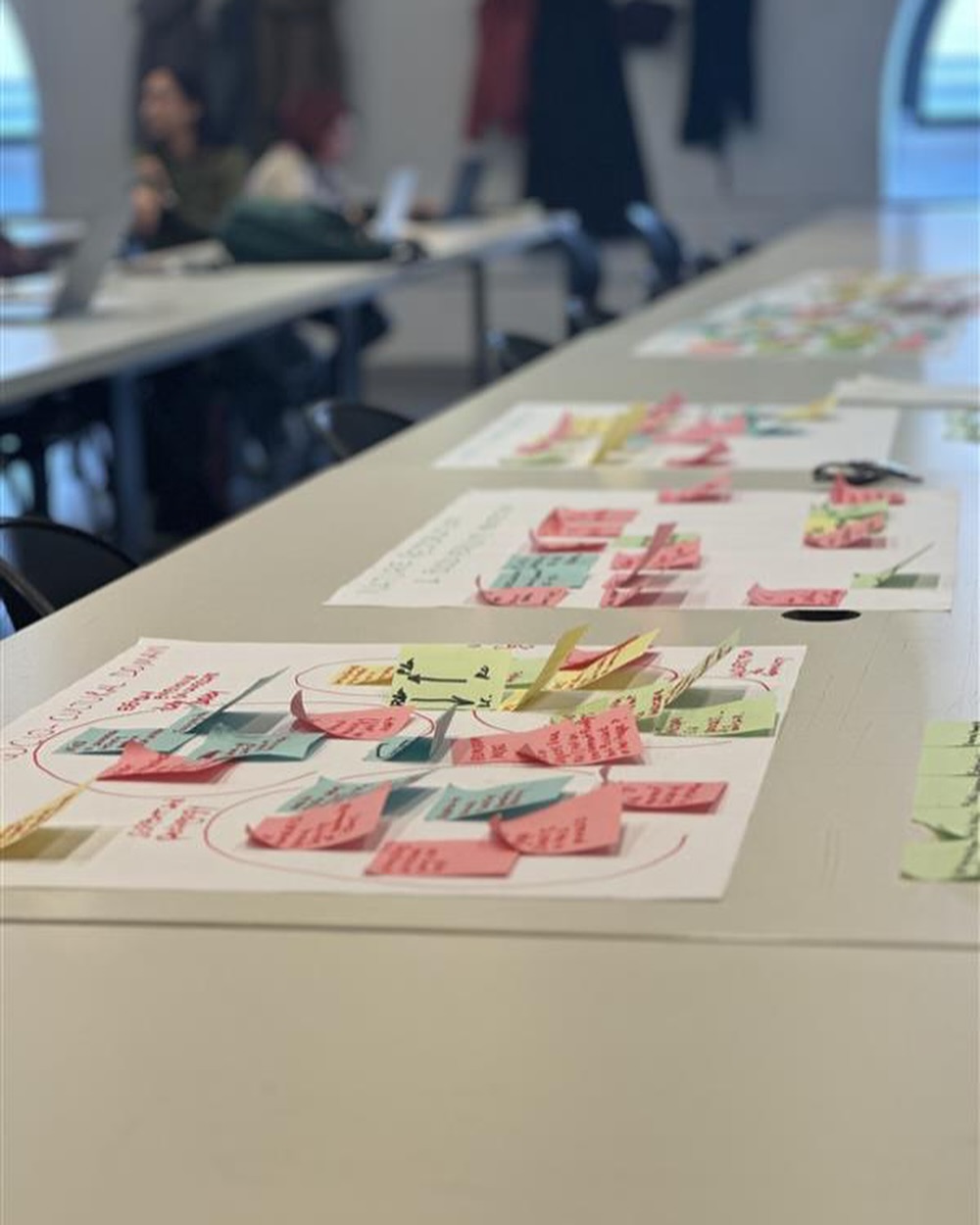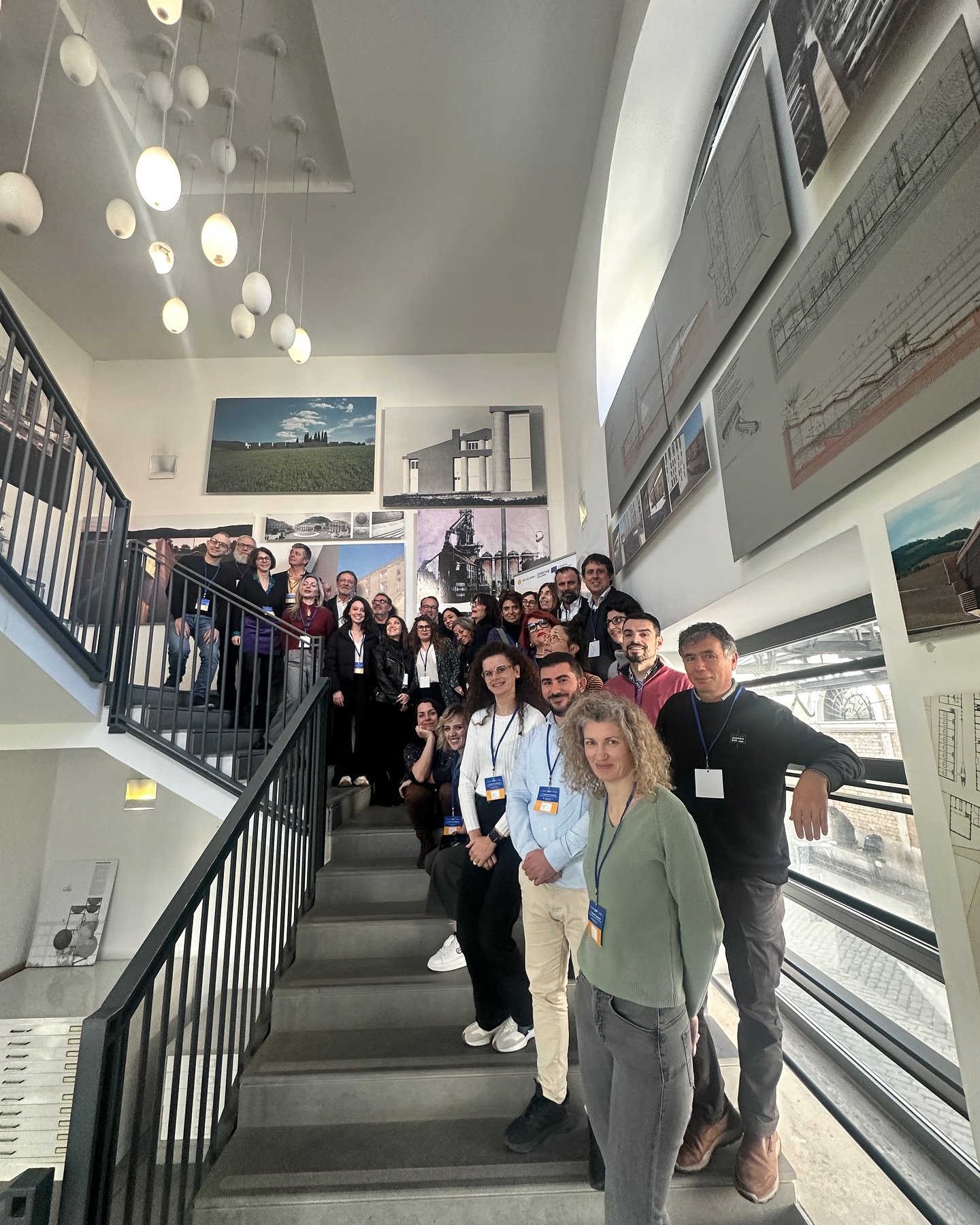On 28 and 29 January the WE GO COOP project organised the first live thematic seminar hosted by the project partner UniRoma in Rome, Italy. The seminar discussed issues of framing the Community of Practice for Wetland Contracts in the Mediterranean.
The first day of the meeting, 28 January, started with an introductory session of welcoming, introduction and overview of WE GO COOP, presentation of the platform to be used in the project and review of the Wetland Conventions in the Mediterranean. The next session was dedicated to the dialogue of Collaborative Networks for wetland governance and during this session presentations were made by representatives of organisations and institutions such as: the International Office for Water from France, the Italian Ministry of Environment and Energy Security, the Mediterranean Marine Protected Areas Managers Network, the Interreg Euro-MED Natural Heritage Mission, the Ramsar Regional Initiative for the Mediterranean and the Union for the Mediterranean. The third session started the dialogue to define the objectives of the WE GO COOP Community of Practice and, at the beginning, the first bottom-up national Community of Practice on River Contracts was presented and then a related workshop based on the World café methodology took place.
The second day of the meeting, 29 January, started by focusing on the creation of a WE GO COOP Policy Paper with the first session bringing to the surface the challenges and opportunities for Wetland Contracts. Three important pillars entered the discussion: 1. nature restoration and biodiversity protection; 2. climate change adaptation; and 3. landscape and socio-cultural domain. The second session included a workshop aimed at shaping the messages of the WE GO COOP Policy Paper. The session concluded with a recap of the results of the working groups and next steps. The last session was addressed only to the project partners and was the second site meeting of the steering committee to discuss individual partner issues, activities and deliverables for the coming months.
Both days were open for online participation to those interested in attending the presentations and taking part in the discussions and workshops. In conclusion, the meeting was an essential step for the dialogue of the collaborative networks on wetland governance and for the creation of a WE GO COOP Policy Paper. Finally, the meeting was an opportunity to explore the objectives, methodology, stakeholders and sustainability of the project’s Local Communities of Practice and the challenges and opportunities for local communities and nature conservation through Wetland Contracts.



